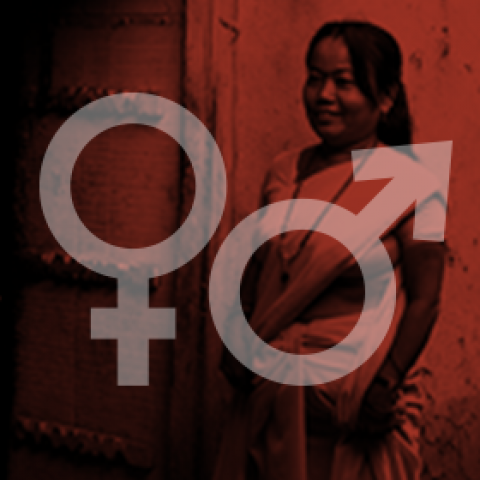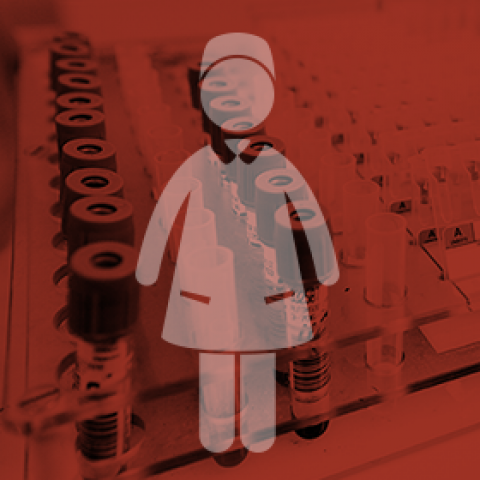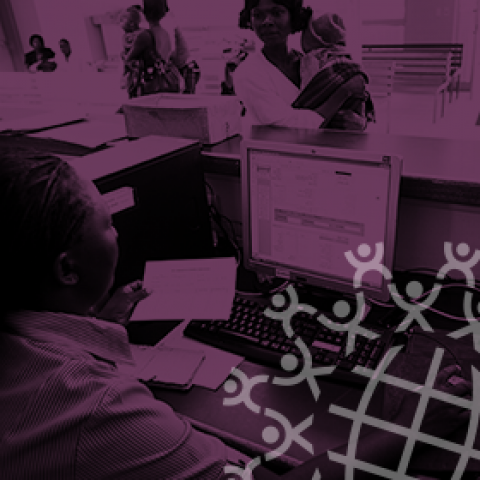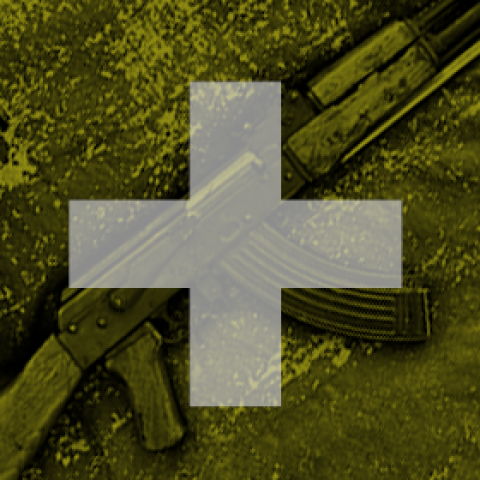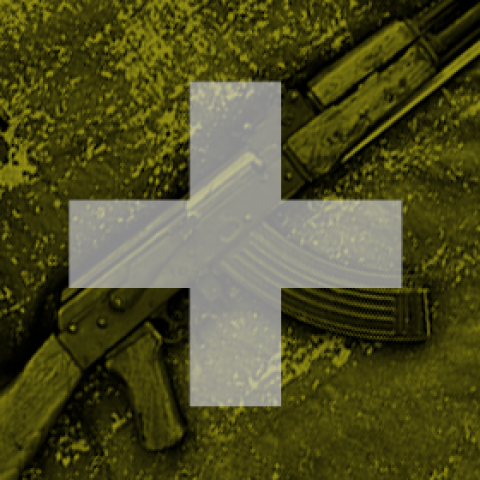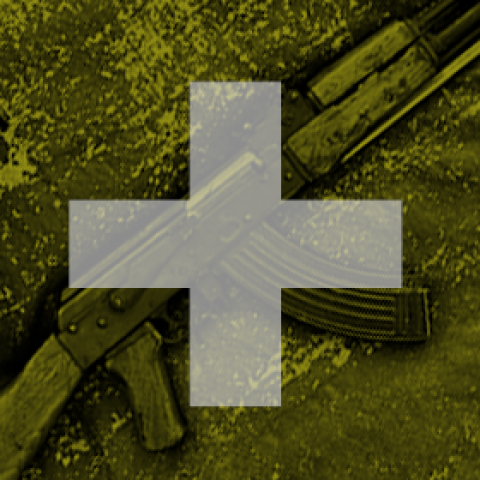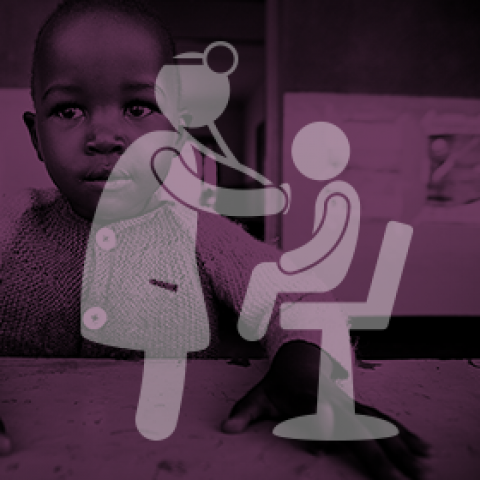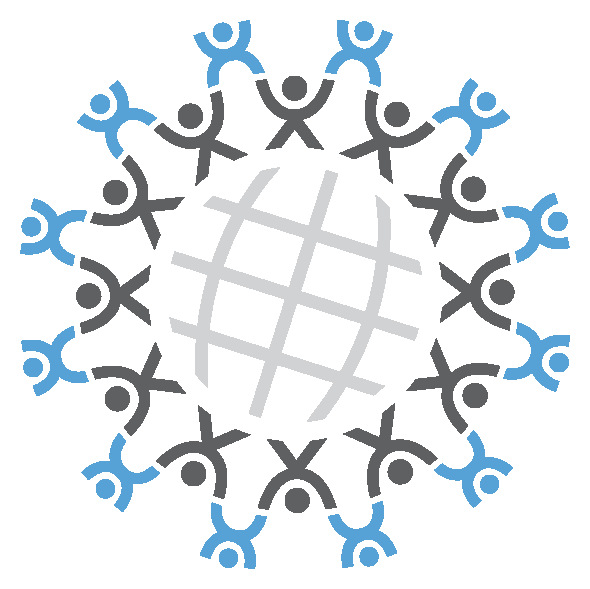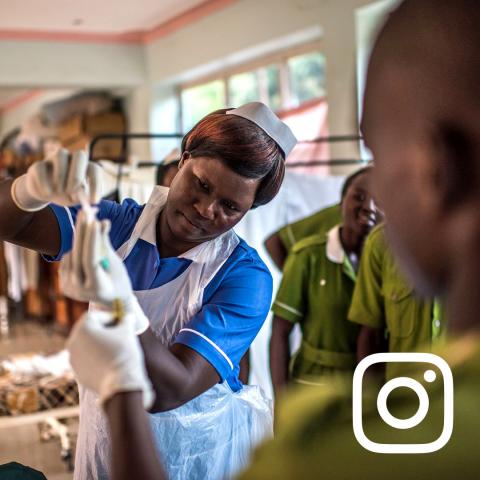What USAID’s New Gender Equality and Female Empowerment Policy Means for Connecting Girls and Inspiring Futures in Health
Leading up to this year’s International Women’s Day, the U.S. Agency for International Development introduced a new policy to help women and girls participate fully in and benefit from development.Bringing Health Workforce Information to the Public in Uganda
To bring the benefits of access to health worker information to the Ugandan public, the Ministry of Health, working closely with IntraHealth, organized a launch event earlier this month for the national human resources for health information system (HRHIS) in Uganda.Medicine as a Weapon in Syria and Beyond
A recent editorial in The Lancet issued a dire warning to the international medical community: medicine is a weapon of war in Syria. It is just the latest in a series of reportsfrom across the Middle East on how medical care and medical professionals and facilities are being used to inflict politically-motivated violence.How Can We Do Better by American Patients and Health Workers?
For the US to really meet patients’ needs and continue to offer high-quality care, many things have to change. One of these is education.UNACCEPTABLE: Health Workers as Pawns of Warfare
Last week, NPR ran a story that made me cringe, describing a major humanitarian group’s decision to stop treating patients from detention centers in Misrata, Libya. According to the report, “torture was so rampant that some detainees were brought for care only to make them fit for further interrogation.”Finally, a Major Step Forward in Protecting Health Workers and Facilities
Despite firm standards rooted in the Geneva Conventions to protect health facilities, health workers, and the patients served during armed conflict, and to enable health professionals to act consistently with their ethical obligations, assaults on and interference with health functions are all too common in war.A "Best Buy" for Saving Lives
This blog entry was originally published at ONE Blog.
Berthé Aissata Touré is a health worker in Mali, where women have an average of six children. In this country’s vast rural areas, childbirth...






